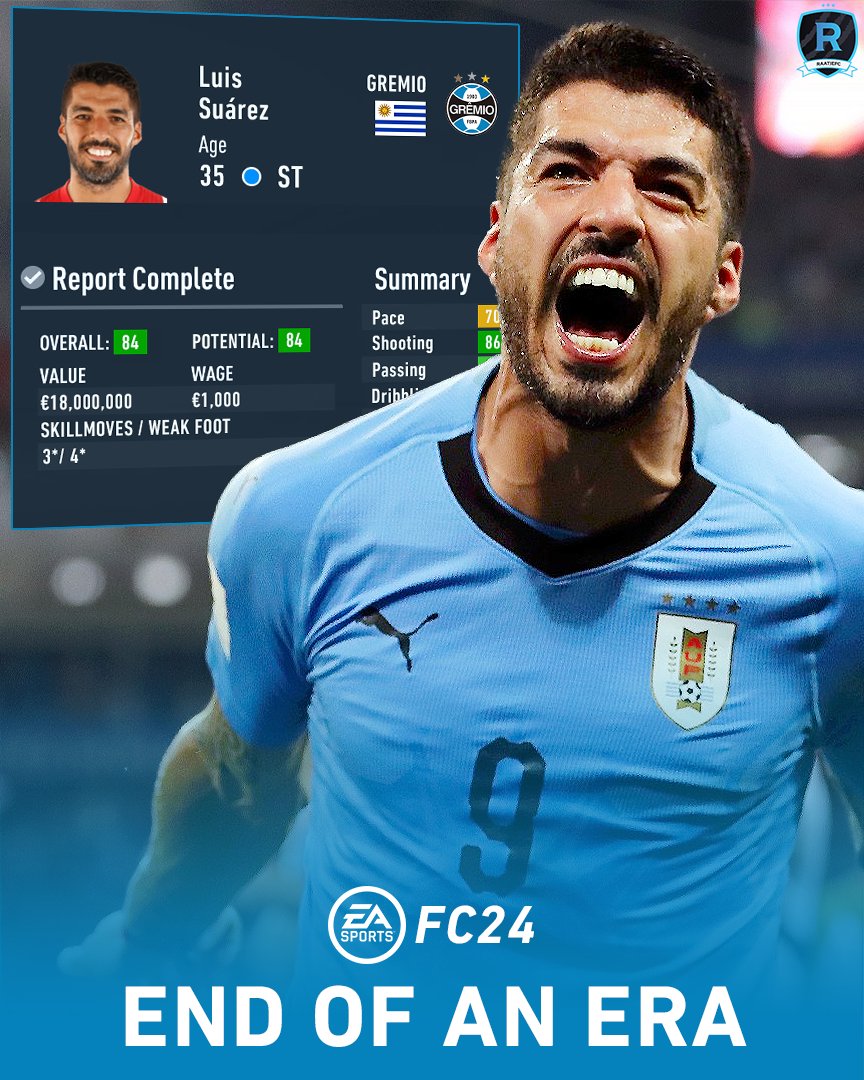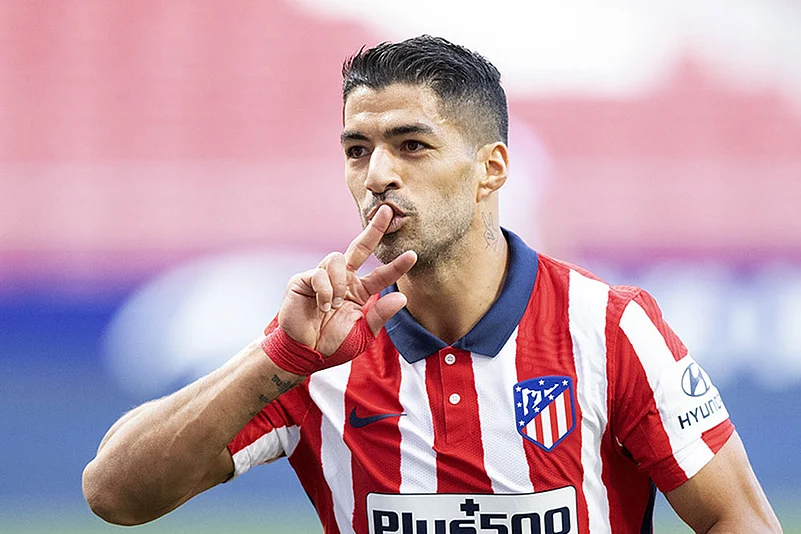In the world of football, high-profile clashes between players and managers are not uncommon. Among these, the recent revelation of Luis Suarez personality clashes with Marcelo Bielsa, the former Leeds United boss and highly regarded tactician, has caught the attention of fans worldwide. With Suarez nearing the end of his illustrious career and now retired from international duty with Uruguay, these tensions offer fascinating insight into the relationships between top-tier players and managers with contrasting styles.
1. Luis Suarez and Marcelo Bielsa: A Clash of Footballing Philosophies
One of the core reasons behind Suarez’s personality clash with Bielsa lies in their different approaches to football. Bielsa, known for his meticulous planning, tactical discipline, and often authoritarian managerial style, expects players to conform to a highly regimented system. Bielsa’s ideology, known as “Bielsismo,” emphasizes high-pressing, structured formations, and intense physical work. For some players, this approach is a blessing. However, for creative and instinctive players like Suarez, it often leads to clashes.
Luis Suarez, on the other hand, has always been known for his fiery personality and unorthodox approach to the game. While Bielsa operates with a strict set of principles, Suarez thrives on unpredictability, creativity, and instinct. It’s easy to see why these two forces would eventually collide. Suarez’s explosive playstyle has made him one of the most feared strikers in the world, but his rebellious nature has also resulted in clashes with management throughout his career.
These philosophical differences between the two could explain the friction that arose when they worked together, with Bielsa’s insistence on discipline conflicting with Suarez’s desire for more freedom on the pitch.
2. The Uruguayan Connection: International Duty and Influence
It’s important to note that while Bielsa never managed Suarez at club level, Bielsa’s influence on South American football, particularly with Argentina and Chile, meant that his presence loomed large. Uruguay’s national team, where Suarez was a legend and talisman, often crossed paths with Bielsa-led teams in the Copa America and World Cup qualifiers. Despite their shared South American roots, the cultural and tactical differences between the two often bubbled to the surface, particularly during high-stakes international matches.
Additionally, Bielsa was briefly linked with the Uruguay national team job at various points throughout Suarez’s tenure with La Celeste, which likely fueled the rumors of a potential working relationship. However, the strong personalities of both men ensured that they never shared the same bench. Suarez’s loyalty to Uruguay’s managers, particularly Oscar Tabarez, another more pragmatic and player-centric coach, likely made him less inclined to adapt to a disciplinarian like Bielsa.
Suarez’s clashes with Bielsa weren’t public knowledge during his prime, but now that the Uruguayan striker has stepped away from international duty, he’s more open about discussing his experiences with managers, including Bielsa, who he has alluded to in interviews.
3. Retirement from International Duty: End of an Era for Luis Suarez

In 2023, Suarez announced his retirement from international duty with Uruguay, marking the end of a glorious career that saw him become the country’s all-time top scorer and lead the team to several Copa America campaigns, most notably winning the tournament in 2011. While Suarez enjoyed immense success on the international stage, his final years were marked by tensions not only with club managers but also in navigating the post-Bielsa tactical world that was starting to emerge in South American football.
For Suarez, retirement from international duty was bittersweet. He had played a crucial role in some of Uruguay’s most iconic moments, but the physical toll of competing at the highest level for nearly two decades had worn him down. Additionally, his clashes with managers like Bielsa likely weighed on his decision, as Suarez’s personality is one that thrives on expression and creativity, something he felt was increasingly stifled in the tactical shifts of modern football.
Now, as Suarez steps away from the international stage, these stories of personality clashes with renowned coaches like Bielsa offer fans a glimpse into the internal dynamics of a highly driven athlete.
4. Personality Clashes: How Suarez’s Fire Was Both His Strength and Downfall

It’s no secret that Luis Suarez is one of the most competitive footballers of his generation. His fiery temperament has been both his greatest strength and his Achilles’ heel. It fueled his rise to the top, earning him stints at clubs like Liverpool, Barcelona, and Atletico Madrid. Yet, it also resulted in infamous moments of controversy, including suspensions for biting opponents and being accused of verbal altercations on the pitch.
When players like Suarez clash with managers, it’s usually due to a mismatch between a player’s instinctive, free-flowing style and a manager’s preference for discipline and structure. Suarez’s run-ins with managers are a byproduct of his unwavering desire to express himself on the pitch, an attribute that helped him succeed, but often rubbed managers like Marcelo Bielsa the wrong way.
Bielsa’s approach was a stark contrast. Known for exacting standards, meticulousness, and treating every player like a cog in a larger machine, Bielsa’s personality couldn’t be more different from Suarez’s. The striker’s desire for independence, his emotional style, and his tendency to take risks simply didn’t align with Bielsa’s systematic, analytical methodology. This fundamental difference in mindset between the two may explain why, despite being among the best in their fields, they couldn’t see eye to eye.
Conclusion
The clashes between Luis Suarez and Marcelo Bielsa are a testament to how personality differences between top players and managers can shape football careers. For Suarez, his desire for freedom and creativity ultimately led to some of the most iconic moments of his career, but it also contributed to tensions with highly structured managers like Bielsa. Now that Suarez has retired from international football, these revelations offer a fascinating perspective on what goes on behind the scenes in top-level football.


